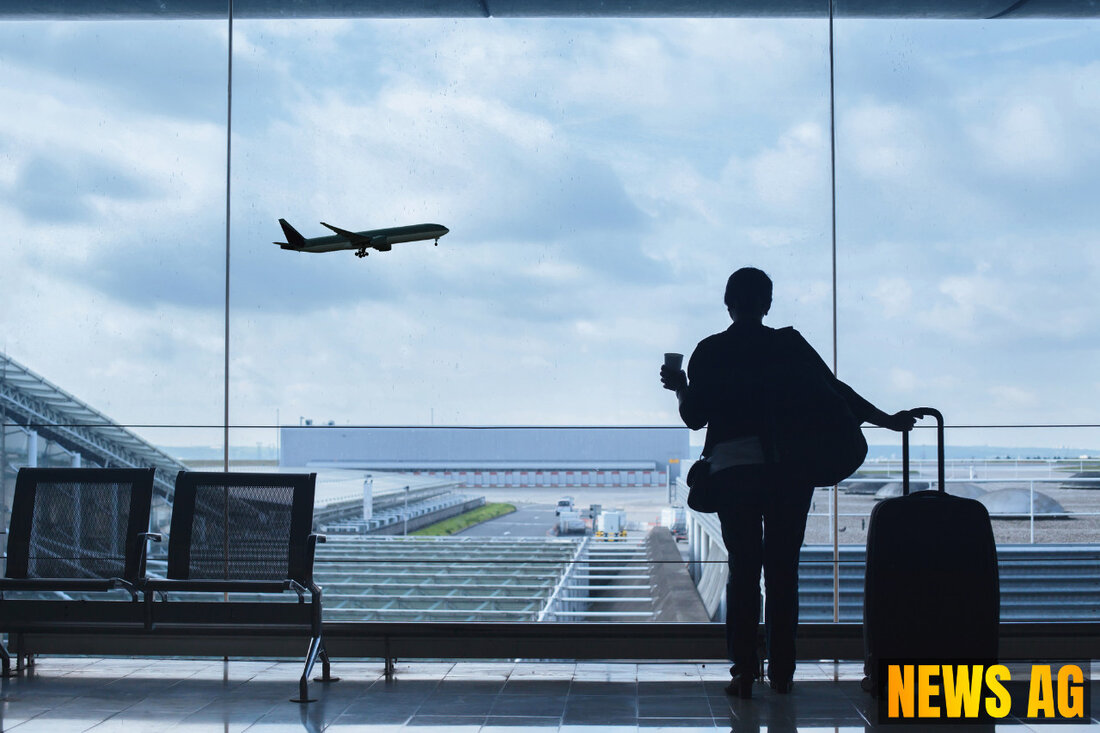Delta Flight Emergency: Cabin Fire Sparks Safety Concerns Over Lithium Batteries
A Delta flight diverted to Fort Myers after a lithium-ion battery fire on July 7, 2025. No injuries reported; quick crew response praised.

Delta Flight Emergency: Cabin Fire Sparks Safety Concerns Over Lithium Batteries
On July 7th, 2025, a Delta Air Lines flight, designated Flight 1334, found itself in an unexpected predicament. The flight was en route from Hartsfield-Jackson Atlanta International Airport to Fort Lauderdale when a passenger’s lithium-ion battery ignited in the cabin. This alarming incident caused the crew to promptly divert to Southwest Florida International Airport in Fort Myers, ensuring the safety of all 191 people on board. Thankfully, no injuries were reported, a relief considering the potential dangers of lithium battery-related fires.
Delta’s quick-thinking flight attendants acted effectively, extinguishing the flames using a fire containment bag. According to Delta, their crew followed established safety procedures flawlessly, reinforcing the airline’s commitment to passenger safety. In a statement, Delta acknowledged the inconvenience faced by passengers due to the delay and extended an apology, highlighting the crew’s commendable response during a stressful situation. Indeed, their quick action likely prevented a more serious crisis.
Understanding the Risks
This incident sheds light on an increasing concern in aviation: the risks associated with lithium-ion batteries. The Federal Aviation Administration (FAA) has been paying closer attention to this issue, reporting 34 battery incidents on U.S. flights in the first half of 2025 alone. While this figure is slightly down from over seven incidents per month last year, experts note that the trend remains troubling. In total, since 2006, the FAA has documented 632 lithium battery incidents, which highlights how frequent and dangerous these situations can become.
As technology has advanced, so too have the number of personal devices powered by these lithium batteries. In fact, this surge in usage contributes to a growing risk of thermal runaway incidents, where increased heat can cause batteries to catch fire uncontrollably. Overheating can stem from various causes, including physical damage and product defects, making vigilance essential for both manufacturers and consumers.
Both the FAA and the Transportation Security Administration (TSA) have taken measures to mitigate these risks. For instance, they prohibit portable chargers in checked luggage, allowing them only in carry-on bags to better manage potential fires. This aligns with Delta’s stance on safety, which emphasizes passengers storing their devices correctly to prevent accidents.
A Look Back at Past Incidents
This isn’t an isolated occurrence; aviation history has seen its fair share of lithium battery incidents. Examples include a fire on an American Airlines flight in April and a thermal runaway event on a United Airlines flight earlier this year. Such headlines illustrate the pressing nature of this issue, as even the most experienced airlines can face challenges related to lithium batteries. It’s clear that while incidents are often promptly managed, the risks involved are serious and demand ongoing vigilance.
Delta Air Lines remains one of the industry’s giants, continuing to profit despite various challenges, including a recent slowdown in domestic travel. The airline is strategically positioned within the premium market, offering a robust global network alongside its premium cabins. With evolving trends in air travel, Delta appears well-prepared to navigate the complexities of its operational environment.
As we reflect on Flight 1334’s emergency, it’s clear that while such incidents can evoke fear, they also serve as a reminder of the importance of safety protocols in aviation. The quick response from Delta’s crew not only defused a potentially dangerous situation but also reinforces the standards that airlines must uphold to ensure passenger safety. So, what’s next for air travel in the face of these challenges? It seems there’s much still to be written in this ongoing story of aviation safety.
For further insights, you can read more about this incident at Simple Flying, details on safety measures from Forbes, and a broader context of incidents on the FAA’s official site at FAA.

 Suche
Suche
 Mein Konto
Mein Konto